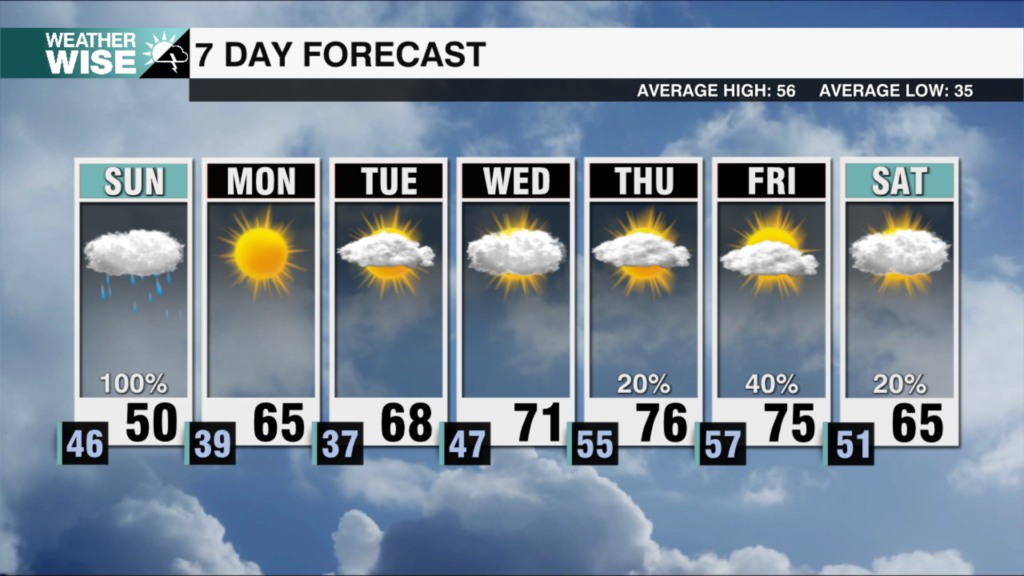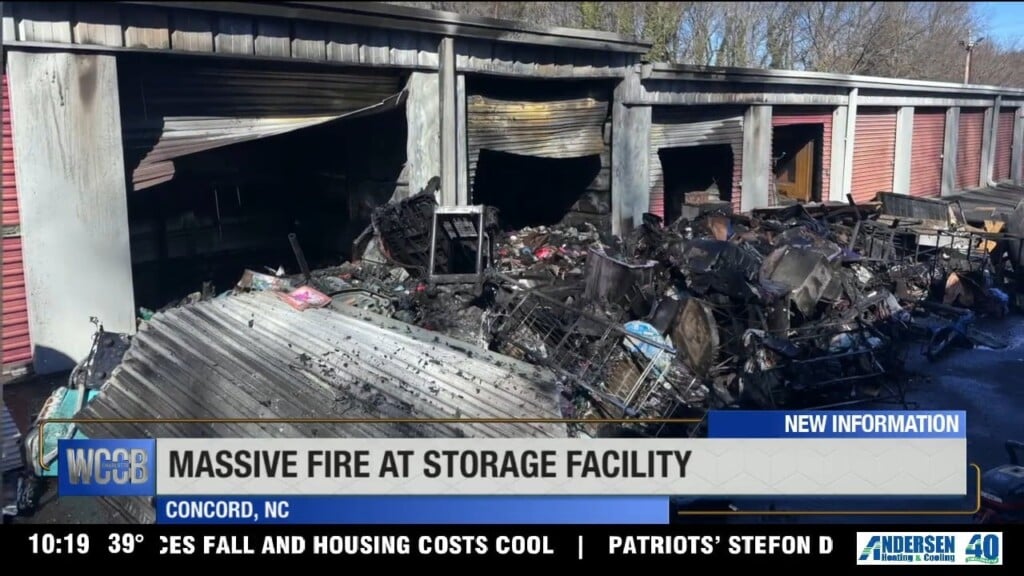“Breakthrough Therapies” Gain Momentum In North Carolina
CHARLOTTE, N.C. – “I was willing to do anything to feel better,” says Alan Thomas. The east Charlotte resident is a 52-year-old IT professional. He’s not who you might expect to use ketamine, an anesthetic that can have hallucinogenic effects. Thomas says, “I feel like a different person, a completely different person.”
Thomas suffered for years with depression and PTSD. Traditional therapy and pharmaceuticals never helped. Ketamine, he says, cured him. “All that depression and PTSD is gone, it’s completely healed,” he says.
Experts say ketamine works with your brain’s chemicals to rewire and reset trauma pathways. It is legal to use ketamine to treat depression in North Carolina. There are ketamine clinics all over Charlotte. Thomas explains, “You are receiving an IV under supervision.”
Thomas has what he calls “an experience” for about 40 minutes. After, he writes it all down. And then he goes to see his therapist, Bodhi Holley. Holley says, “I know how much these things can change your life.” Holley is a licensed psychedelic therapist in Charlotte. Her role is to help people like Thomas make sense of their experiences, and integrate them into their lives. She says, “That’s why the integration piece is the most important, in my opinion, otherwise it just becomes a cool experience that you had one time.”
Holley works alongside clinical mental health counselor Cindy Rhodes. She stresses, it is not safe to get ketamine off the street. Going to a clinic is crucial. Because, Rhodes says, “It’s safe, it’s not laced with anything that may kill you. It’s really important to do it in a professional setting.” She warns, “A bad trip is a real thing.”
Rhodes, Holley, and Thomas all have an eye on Raleigh, as House Bill 727 makes its way through the legislature. It would open doors in North Carolina beyond ketamine, to psilocybin, or magic mushrooms. And MDMA, also known as ecstasy or molly.
“We lost a lot of time, multiple generations, with no real meaningful research into these compounds and what their abilities were,” says NC Rep. John Autry. He is a primary sponsor of House Bill 727. It would set aside $5.4M to research these compounds over the next three years to see how they help people, including first responders and veterans, with PTSD, anxiety, depression and more.
Autry says, “The bill is still alive. The bill received a unanimous favorable report from the House Health Committee.” Autry is a Democrat. The bill’s three other primary sponsors are Republicans. Rep. Wayne Sasser is a pharmacist; Reps. Allen Chesser and Ed Goodwin are veterans.
Autry says, “I think this is a thing that can make a difference in a lot of people’s lives.”
Thomas wholeheartedly agrees. After a few months of ketamine treatment, he is convinced his PTSD and depression are gone for good. He says, “I don’t know who wouldn’t support this at this point, honestly.”
Ketamine therapy is not covered by insurance as of now. Sessions costs around $400. All of the people who talked with WCCB for this report say they hope someday soon, these breakthrough therapies are not only FDA approved, but financially attainable for as many people as possible.





